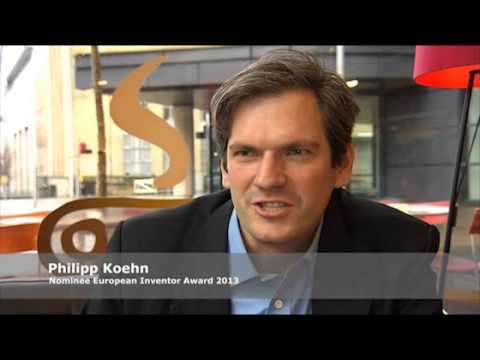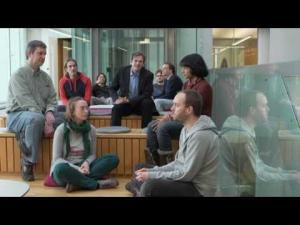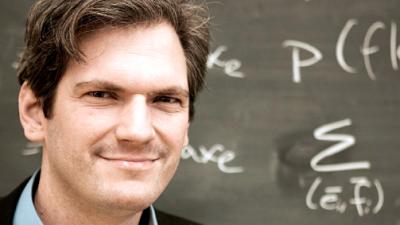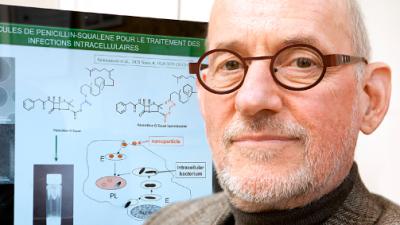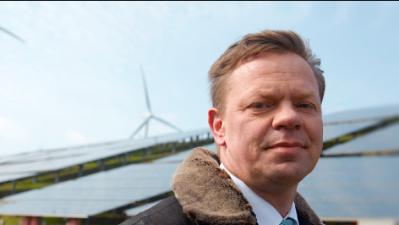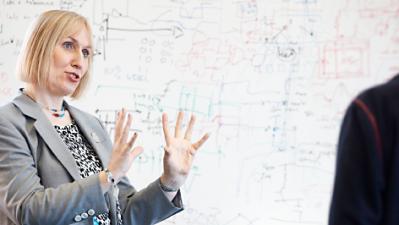Philipp Koehn, Daniel Marcu, Kevin Knight, William Wong
Found in translation: a present-day Rosetta Stone
The invention in a nutshell
Thanks to Koehn and his team, computers no longer analyse sentences word by word but instead base their translations on whole sequences of words (phrases) to determine the most likely interpretation of a given text. Phrase-based translation reduces the restrictions imposed by the old word-based system. While a word may have several potential meanings (computers unfortunately cannot understand context), phrases usually have only one.
Societal benefit
With his revolutionary method, Koehn has made some of the most obscure languages in the world understandable to anyone with Internet access. Today, most of the big names in Internet translation, including Google and Microsoft, have integrated his model into general-purpose translation services such as Google Translate and Bing.
Economic benefit
An entire industry has emerged based on Philipp Koehn’s invention. Machine translation is used by export-oriented multinational corporations and international organisations such as the United Nations and the European Union. Hundreds of millions of dollars exchange hands each year in language-translation-software markets ($575.5 million in 2010 to $3 billion by 2017). The European Union spends more than EUR 1 billion on translation costs each year.
Media gallery
Patent numbers:
Contact
European Inventor Award and Young Inventors Prize queries:
european-inventor@epo.org Subscribe to the European Inventor Award newsletterMedia-related queries:
Contact our Press team#InventorAward #YoungInventors
